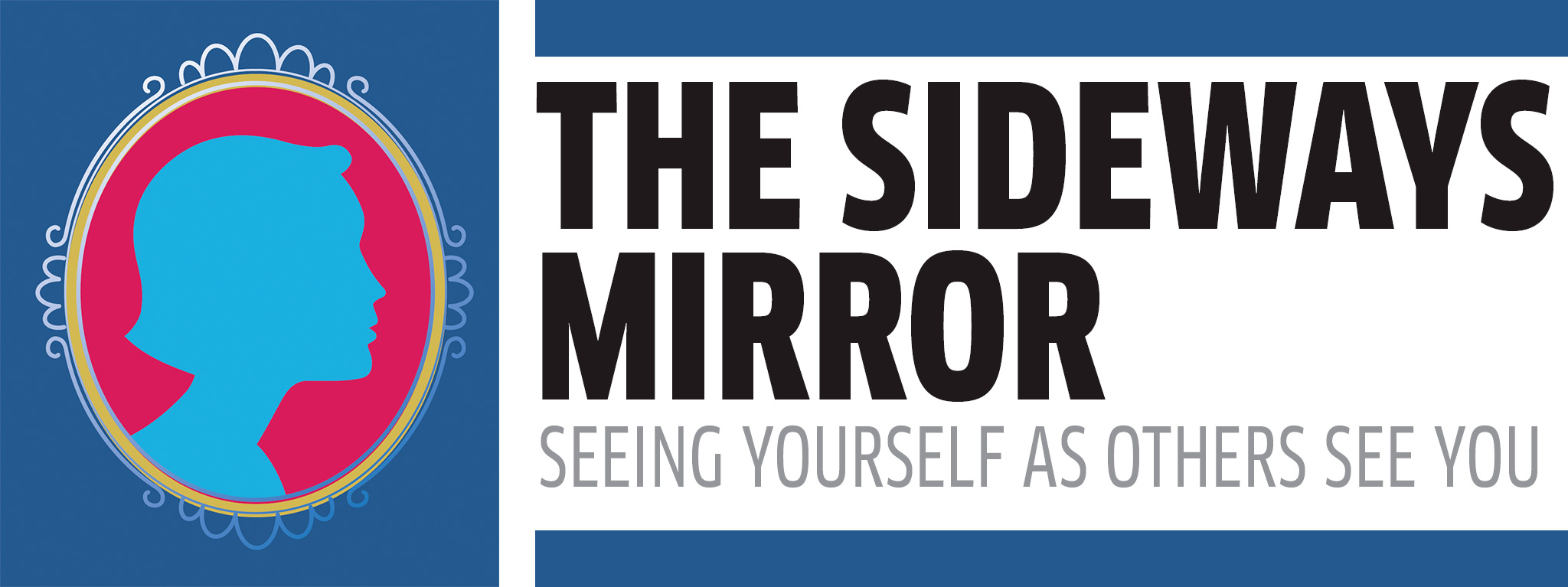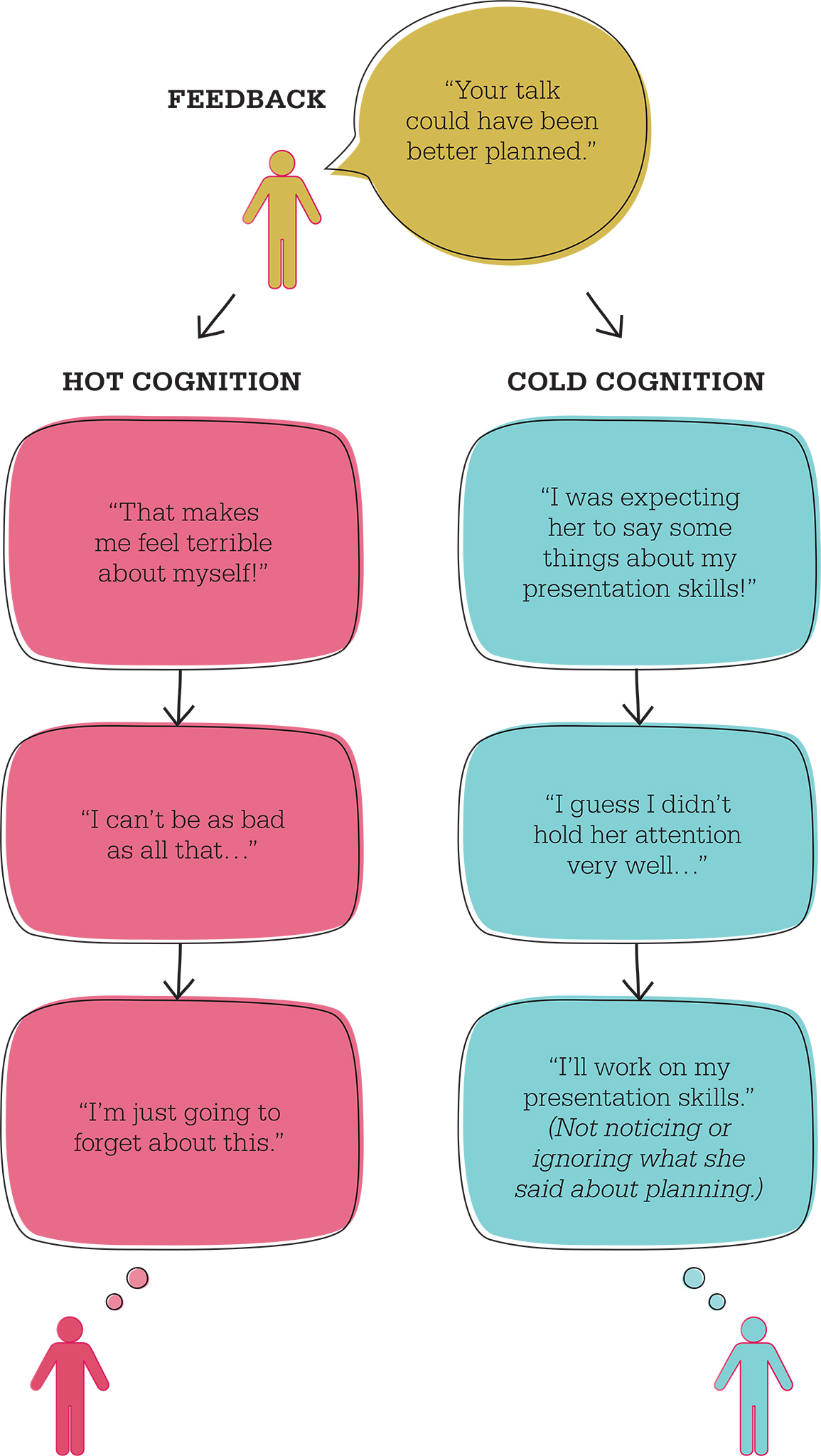
Self-awareness is essential to your continued growth and success. The best way to understand how you’re coming across to others is simply to ask and listen—and that can be an advanced skill in itself.
When it comes to how we’re performing, there’s no substitute for feedback. This can call for some robustness on your part, because that feedback isn’t always delivered with perfect tact or sensitivity. Other people, after all, have their own emotions, biases, fears, assumptions, and expectations, and, what’s more, their actions are then filtered through our own perceptions. A 2010 Canadian study found that we listen less to feedback that clashes with our self-image, and we’re better able to hear it if it doesn’t undercut our confidence. When looking for people to give you an honest opinion, find those who can balance candor with support.
Learning to listen
Should we just try to be rational about this? Actually it’s not that simple: research has found that when it comes to taking feedback, our reactions can be led astray by two broad categories of influence: “hot cognition” and “cold cognition” (see “Hot and cold thinking,”). The former is caused by emotions, and can cause problems when we’re too caught up in our feelings to listen. The latter is more to do with the ways in which our attention, memory, and judgment can sway our logic, an example being confirmation bias.
It isn’t always comfortable to receive feedback, but it is useful. The science says to seek out people who present it helpfully, and to try to be aware of our own reactions—which are never as clear-sighted as we might wish.
Hot and cold thinking
We’re prone to both “hot” (emotional) and “cold” (logical) thinking: this is known as hot cognition and cold cognition. When listening to others, it’s helpful to be aware that both emotion and logic can trip us up:

 The Influential You
The Influential You
We know we’re coming across well when we start influencing other people. This means that we’re communicating clearly; those around us can see what we’re about and are learning in turn. Positive psychology author Travis Bradberry identifies the hallmarks of influential people:
1 They think for themselves and go by facts rather than trends.
2 They question the status quo, challenging convention without being antagonistic.
3 They inspire discussion: they’re so interested in exploring new ideas that other people catch the mood.
4 They freely make and foster connections, sharing information and introducing people to each other.
5 They focus on the main point, and communicate it to others.
6 They know they’re not infallible, and welcome disagreement.
7 They’re proactive; they see what’s coming and let others know so that they can prepare, too.
8 They respond rather than react—which is to say, they don’t behave in a knee-jerk fashion, but try to preserve relationships even if they’re being criticized.
9 They believe in the power of people to change things.
